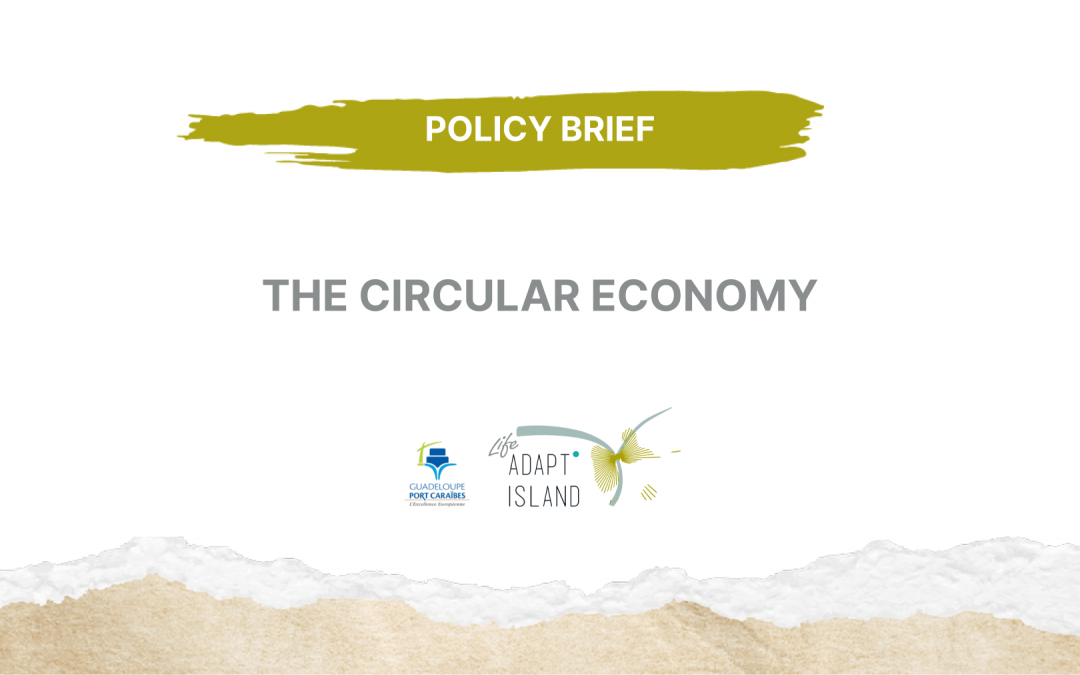Most of the natural resources are finite, and we are currently consuming more than 3 times the resources which could be renewed naturally. Global Consumption of resources such as fossil fuels, metals and minerals is expected to double in the next forty years, while the annual waste generation is projected to increase up to 70% by 20503. Only a minor part of the materials produced globally are recycled. And yet, half of the GHG emissions and more than 90% of biodiversity loss comes from resource extraction and processing4. Drawing on concepts such as “cradle to cradle”, the circular economy indeed proposes alternatives to solve this problem by proposing concrete solutions to reduce, repair, recycle, reuse and recover waste (or rethink the current production patterns).
- Policy Brief : The circular economy Télécharger

